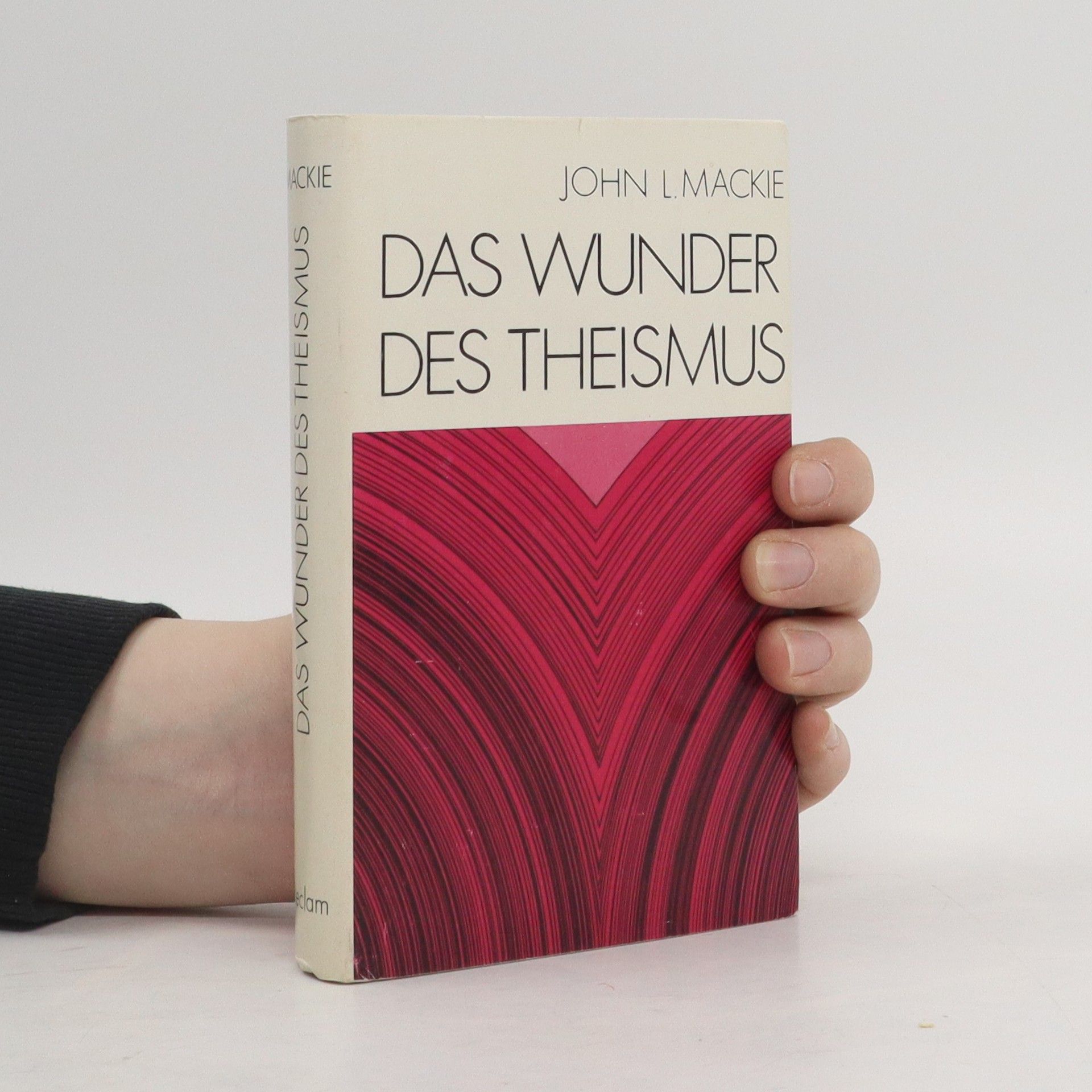Ethics
- 256pages
- 9 heures de lecture
Presents an insight into moral skepticism of the 20th century. This title argues that our moral codes are an 'error theory' based on the presumption of moral facts which don't exist.



Presents an insight into moral skepticism of the 20th century. This title argues that our moral codes are an 'error theory' based on the presumption of moral facts which don't exist.
InhaltsverzeichnisVorwort Einleitung Kapitel 1 Wunder und Zeugnis (a) Humes Argument-Darstellung (b) Humes Argument-Diskussion Kapitel 2 Descartes und die Idee Gottes (a) Das Argument der dritten Meditation-Darstellung (b) Das Argument der dritten Meditation-Diskussion Kapitel 3 Ontologische Argumente (a) Descartes' Beweis und Kants Kritik (b) Anselms ontologischer Beweis und Gaunilos Antwort (c) Plantingas ontologischer Beweis Kapitel 4 Berkeleys Gott und immaterieller Realismus (a) Berkeleys Theismus-Darstellung (b) Berkeleys Theismus-Diskussion Kapitel 5 Kosmologische Argumente (a) Kontingenz und zureichender Grund (b) Das Zurückgehen in der Ursachenkette (c) Endliche Vergangenheit und Schöpfung (d) Swinburnes induktives kosmologisches Argument Kapitel 6 Moralische Argumente zugunsten der Existenz Gottes (a) Ein geläufiger Gedankengang (b) Newman: Das Gewissen als schöpferisches Prinzip der Religion (c) Kant: Gott als Voraussetzung der Moral (d) Sidgwick: Die Dualität der praktischen Vernunft (e) Gott und die Objektivität der Werte Kapitel 7 Das Argument aus dem Bewusstsein Kapitel 8 Teleologische Argumente (a) Humes Dialoge-Darstellung (b) Humes Dialoge-Diskussion (c) Swinburnes Neufassung Kapitel 9 Das Problem des Übels (a) Problemübersicht (b) Versuche zur Umgehung des Problems (c) Die Paradoxie der Allmacht (d) Die Verteidigung mit Hilfe der Willensfreiheit (e) Exkurs: Das Wesen der Willensfreiheit (f) Die Verteidigung